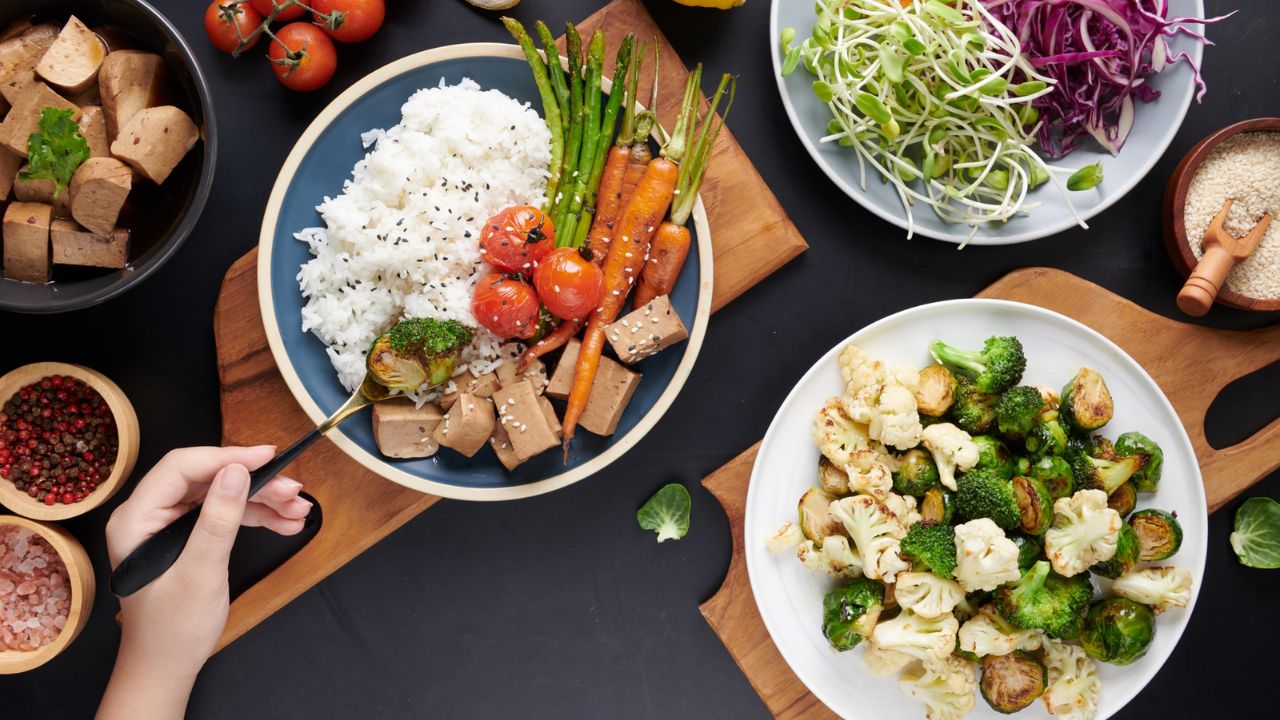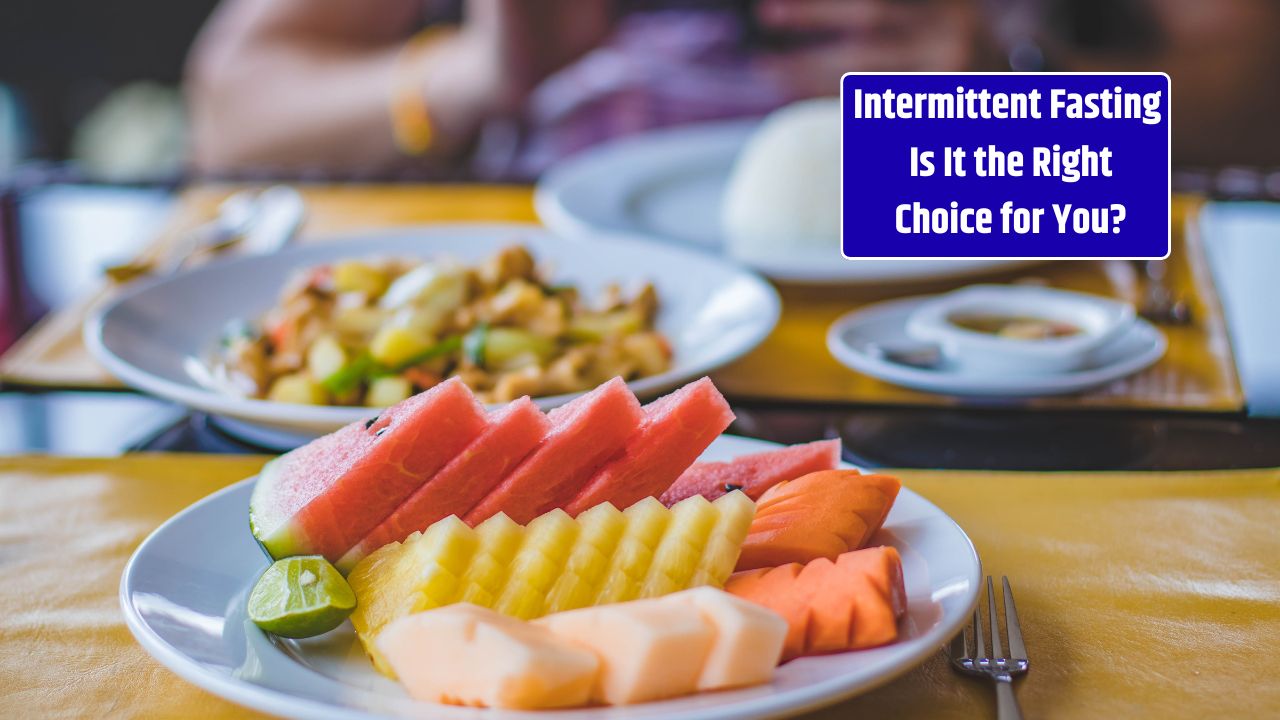Chronic inflammation is like a low-level fire in the body—often invisible, but over time it can fuel everything from joint pain to heart disease and even diabetes. While your doctor might prescribe meds or lifestyle changes, one of the simplest and most powerful tools is sitting right on your plate. Everyday foods—things you can easily add to your breakfast, lunch, or dinner—contain natural compounds that help cool that fire. Here are 15 everyday foods that science shows can help fight inflammation.
1. Fatty Fish
Salmon, mackerel, sardines, and tuna are loaded with omega-3 fatty acids (EPA and DHA), which are proven inflammation fighters. They lower markers like C-reactive protein (CRP), linked to heart disease.
2. Olive Oil
The cornerstone of the Mediterranean diet, extra virgin olive oil is rich in antioxidants—especially oleocanthal, which works similarly to ibuprofen in reducing inflammation.
3. Berries
Blueberries, strawberries, raspberries, and blackberries pack anthocyanins, powerful antioxidants that lower inflammation and boost immunity.
4. Leafy Greens
Spinach, kale, and Swiss chard are rich in vitamin K and antioxidants that help protect against inflammatory conditions.
5. Tomatoes
Tomatoes are full of lycopene, which is linked to reduced inflammation, particularly in the lungs and throughout the body. Cooking them with olive oil boosts absorption.
6. Nuts
Almonds, walnuts, and pistachios are high in fiber, healthy fats, and magnesium—all of which play a role in reducing inflammatory processes.
7. Green Tea
Packed with polyphenols and EGCG, green tea helps reduce oxidative stress and inflammation. The NIH notes its role in improving metabolic and cardiovascular health.
8. Turmeric
The spice’s active compound, curcumin, has been studied extensively for anti-inflammatory effects. Absorption improves when paired with black pepper.
9. Garlic
Garlic’s sulfur compounds (like allicin) can help block pathways that lead to inflammation in the body.
10. Ginger
Long used in traditional medicine, ginger contains gingerol, which can lower oxidative stress and inflammation, especially in joints.
11. Whole Grains
Oats, quinoa, and brown rice provide fiber, which supports gut health and reduces markers of systemic inflammation.
12. Beans
Black beans, lentils, and chickpeas are rich in fiber, protein, and magnesium—nutrients that regulate inflammatory pathways.
13. Avocados
Loaded with potassium, magnesium, and monounsaturated fats, avocados also contain carotenoids and tocopherols, compounds linked to reduced cancer risk and inflammation.
14. Dark Chocolate
High-quality dark chocolate (70% cocoa or higher) is full of flavanols that reduce inflammation and keep the endothelial lining of arteries healthy.
15. Peppers
Both bell peppers and hot peppers are rich in vitamin C and antioxidants. Chili peppers also contain capsaicin, which has natural anti-inflammatory effects.
Quick Nutrition Snapshot
| Food | Key Anti-Inflammatory Compound | Best Way to Eat It |
|---|---|---|
| Salmon | Omega-3 fatty acids | Grilled or baked |
| Olive Oil | Oleocanthal | Drizzle over salads, cook |
| Blueberries | Anthocyanins | Fresh, frozen, or smoothies |
| Spinach | Vitamin K, antioxidants | Salads, sautéed |
| Turmeric | Curcumin | Curries, golden milk |
| Dark Chocolate | Flavanols | In moderation, 70%+ cocoa |
Why It Matters
An anti-inflammatory diet isn’t about one “superfood” but about balance—mixing in these foods regularly while cutting back on highly processed, sugary, and fried items that stoke inflammation. According to the Harvard T.H. Chan School of Public Health, adopting this style of eating lowers risk of chronic disease and improves overall well-being.
FAQs:
Can food alone control chronic inflammation?
It helps significantly, but medical treatment may still be needed depending on the condition.
How often should I eat anti-inflammatory foods?
Daily. Even small servings (like a handful of nuts or a cup of berries) contribute over time.
Are all fats bad for inflammation?
No—omega-3s and monounsaturated fats reduce inflammation, while trans fats and excess saturated fats worsen it.










